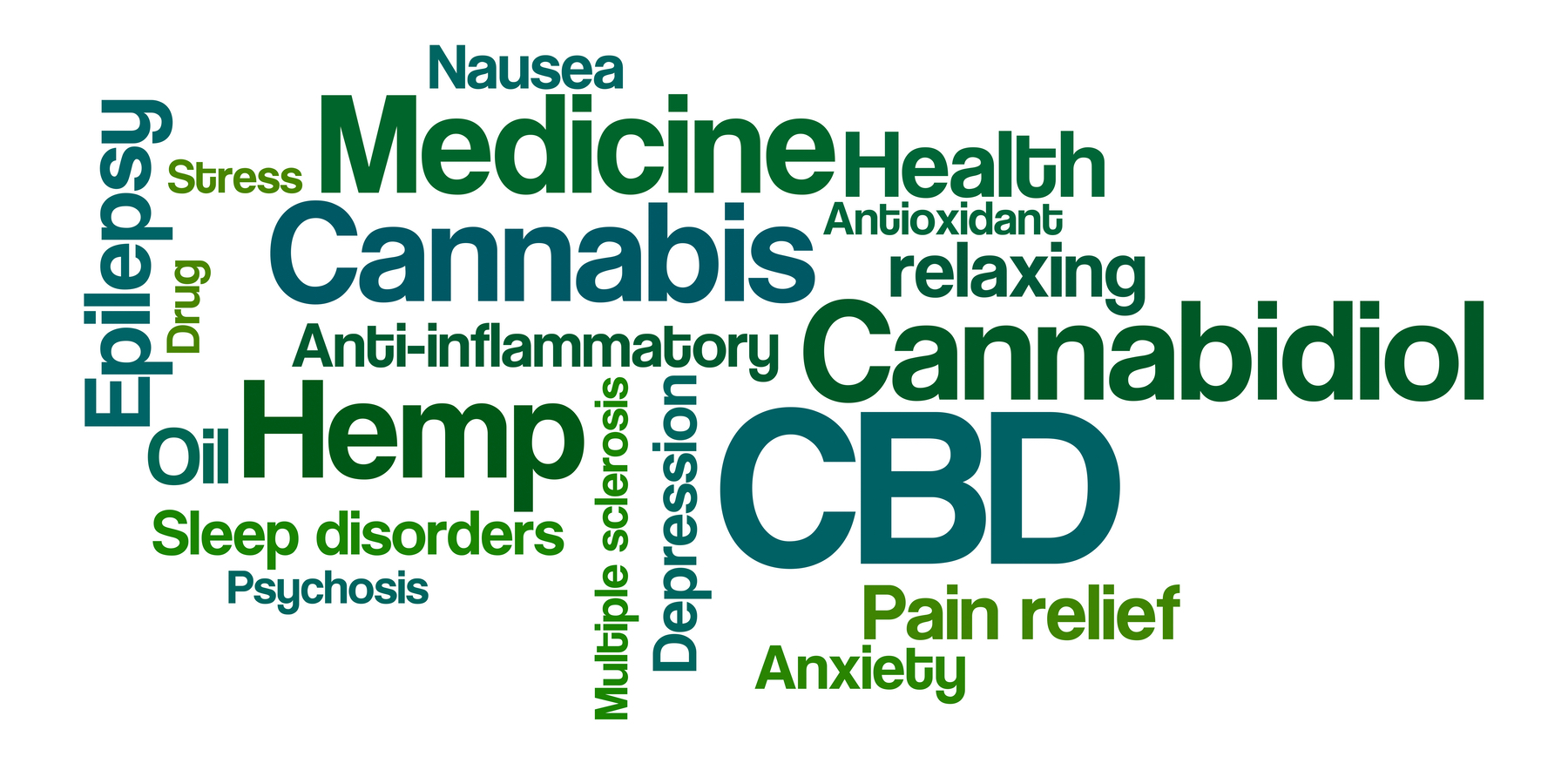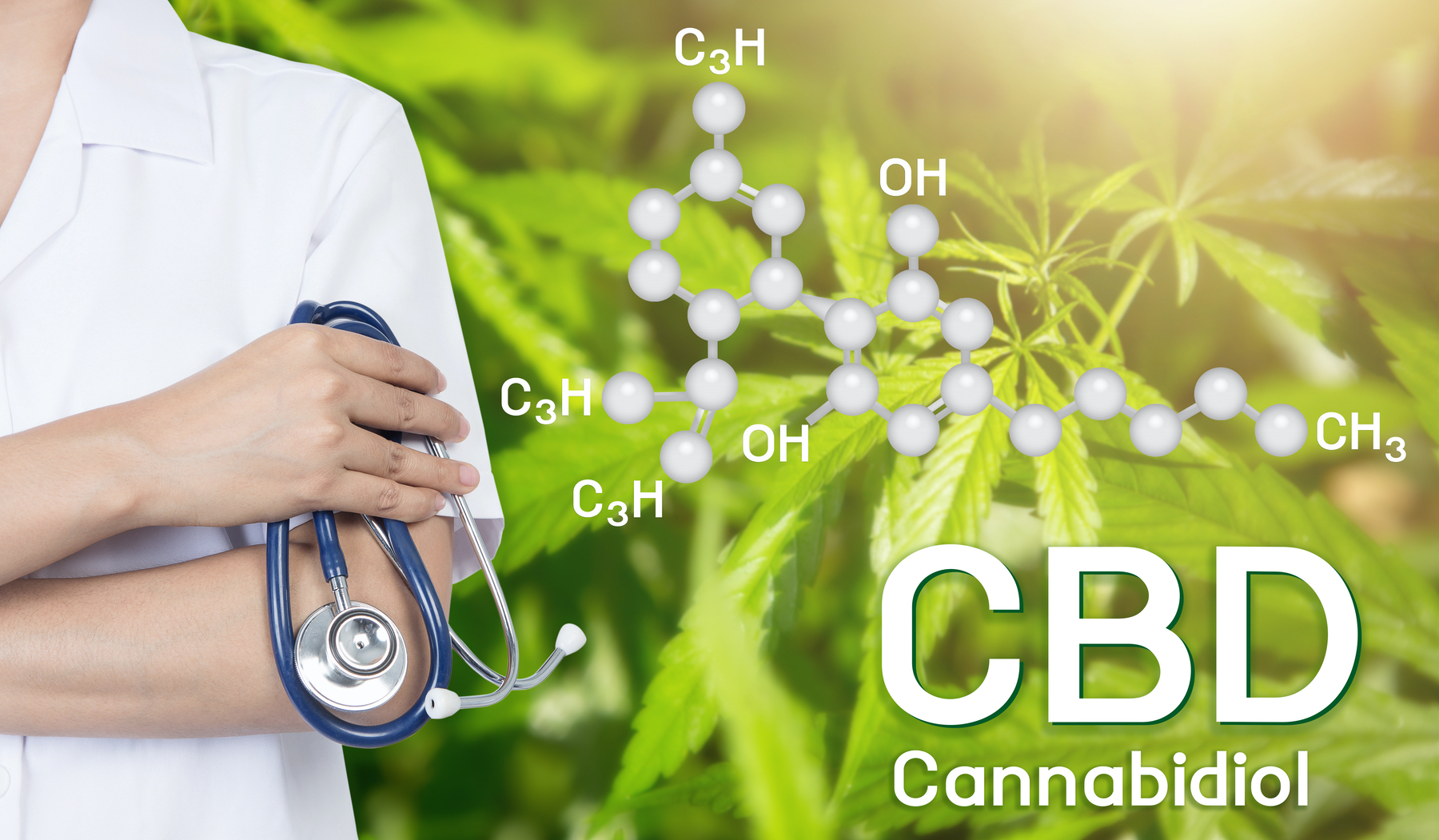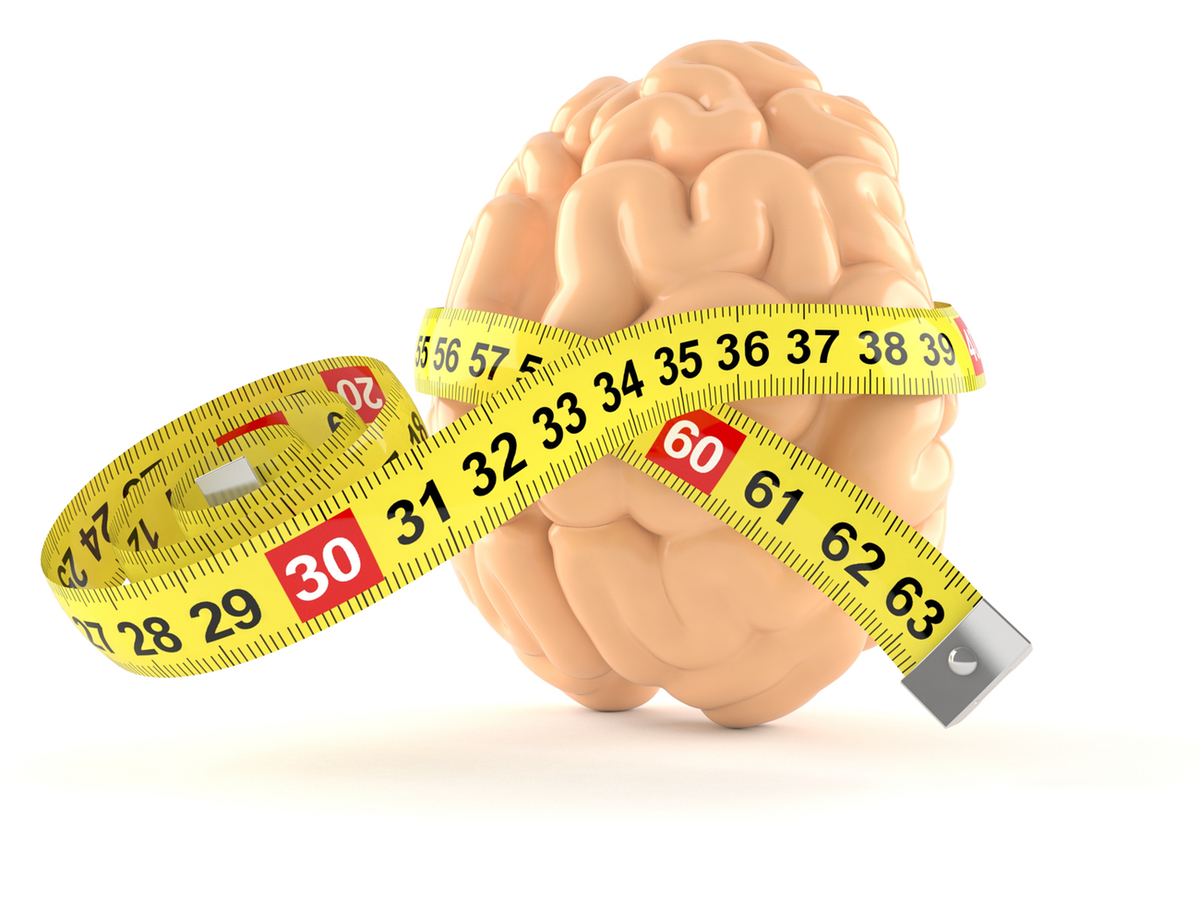Sleep is what most of us look forward to at the end of a long day, and something many of us feel we don’t get enough of. While there’s still a lot to learn about sleep and why we need it, we're now beginning to understand that sleep greatly impacts the health and destiny of our brains.
Aside from impacting your energy level, sleep seems to play a unique role in the development of Alzheimer's disease.
Whether or not you get enough quality sleep on a daily basis can dramatically increase or decrease your risk for Alzheimer’s. This is a major reason why it’s so important to do everything you can to get the best sleep possible, as frequently as possible.
In addition to impacting your Alzheimer’s risk, sleep has the power to influence how hungry you feel and how much you eat, how fast your metabolism runs, whether you become overweight or stay slender, whether you can fight off infection, how creative you might be, how insightful you might be, and even how compassionate you can become.
With the hectic pace of modern day life, sleep might feel like a luxury you can't afford. However, from a medical perspective, it's absolutely essential to get good sleep if you want to keep your body and brain healthy.
Experts explain poor quality sleep is linked to Alzheimer's disease, so it's important to understand specific ways you can achieve better quality sleep. Here are 10 simple steps you can take to improve your sleep starting today:
Read More










